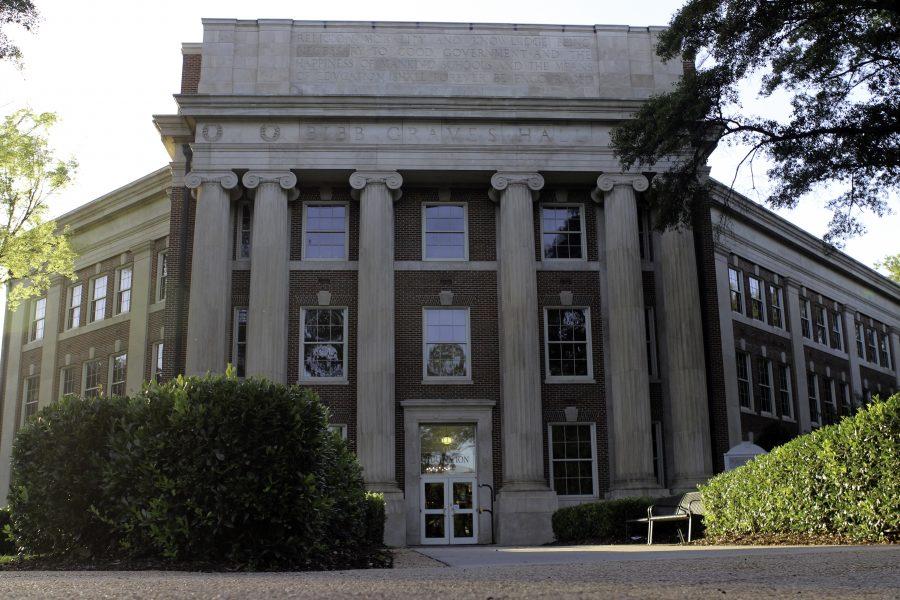At The University of Alabama, we live in the shadow of many complicated men. Former Alabama Governors David Bibb Graves and Braxton Bragg Comer as well as Dr. Josiah Nott and Sen. John Tyler Morgan were men of power and influence who set in motion events and ideologies that still lurk in our society. They are only a few of the names atop the many buildings we pass by every day, and I believe it is time to talk about them, their legacies and their buildings openly.
It is important to remember that these men defy easy categorization as one-dimensional heroes and villains. To be fair to their memory and hopefully set the tone for the debate to come, I offer their failings alongside some of the reasons these men were considered distinguished enough to deserve buildings in the first place.
David Bibb Graves was a Grand Cyclops in the Montgomery Chapter of the Ku Klux Klan. He privately promised to pardon the Scottsboro Boys and later reneged on that promise after meeting them.
However, he also won re-election without the support of the Klan after he resigned his membership in their organization in disgust of their violent tactics. He opposed the racist and restrictive 1901 state constitution. He served as an Army colonel and engaged in heavy fighting during World War I. He appointed a woman to the U.S. Senate (the first female senator of two in Alabama history) only 17 years after women won suffrage, and he was a champion for better working conditions, education and public health.
Braxton Bragg Comer’s stance on child labor was ambivalent at best and in favor of the practice at worst. He used the Alabama National Guard to break strikes in coal mines where the working conditions could only be described as atrocious. The coal company Comer supported lynched a black man in direct relation to the tensions fostered by Comer’s efforts at strikebreaking.
On the other hand, Comer’s administration lowered railroad rates to make Alabama industries more competitive and consumer goods more affordable. He was an advocate for conservation, education, health, and infrastructure improvements. The company he founded, Avondale Mills, was the industrial backbone of cities across the state including my own, where he and his family’s generosity provided for the building of my city’s library, museum, recreation center, football stadium, and some of our schools. He also greatly improved the working conditions in his own plants after leaving the governor’s office.
Dr. Josiah Nott’s book, “Types of Mankind,” gave professional credence to the idea that there are superior and inferior races. It was widely accepted by scientists and influenced policy on two continents. I need hardly say which continents or which races he argued were inferior.
But for all of his horrendous musings on race, Dr. Josiah Nott largely succeeded at promoting the professionalization of the practice of medicine in Alabama. He increased access to medical services across the state and supported a scientific approach to medicine.
The most concerning of these men is, without doubt, John Tyler Morgan, who served as a brigadier general in the Confederate Army and was later one of Jim Crow’s strongest advocates in the U.S. Senate. He was an extremist who supported the forced deportation of blacks from the South, served as a Grand Dragon of the Ku Klux Klan, and supported bills to legalize lynching. Although if you look close enough, even he did at least one or two deeds to his credit: pushing for the creation of the Panama Canal and obtaining federal financial support for the rebuilding of this University.
It is time to talk about what the buildings that bear their names say about the students, faculty and administrators working within them. It is time for an informal conversation among ourselves and an institutionalized one among our campus hierarchy.
These men represent us. Their failings are our failings. Their victories are our victories. Our history may be dark, but only because it is layered in shades of moral gray, and it is time to talk about all of it.
Leigh Terry is a senior majoring in economics and political science. She is the Opinions Editor of The Crimson White.









